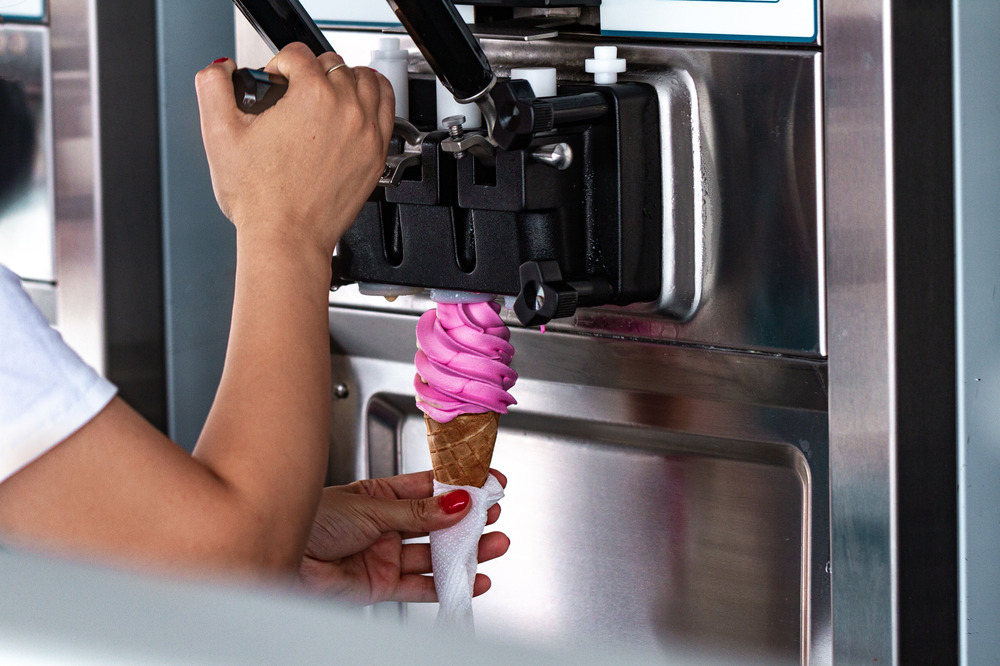Why Purity Matters in Systems with Closed-Loop Refrigeration Using R290 and R600a


Maintaining high refrigerant purity is essential in closed-loop refrigeration systems, for example when using refrigerants like R290 (propane) and R600a (isobutane). Impurities can significantly impact system performance, leading to inefficiencies, increased energy consumption, and even equipment damage. As energy efficiency and sustainability become increasingly important, understanding why purity matters in refrigerants is crucial for ensuring optimal performance and long-term reliability in refrigeration systems. This article explores the importance of refrigerant purity for systems using R290 and R600a and how impurities affect overall efficiency and environmental impact.
Refrigerant purity is key to ensuring that refrigeration systems operate as designed. Closed-loop refrigeration systems depend on the specific thermodynamic properties of the refrigerant to function effectively. Any deviation caused by impurities can disrupt the condensation-evaporation balance, leading to inefficiencies, increased wear on components, and costly energy consumption¹.
For example, contaminants like water can alter the coefficient of performance (COP) of a compressor, leading to higher discharge temperatures and reduced system lifespan. Ethane, another common contaminant, increases system pressure, requiring more compressor power and resulting in higher energy consumption¹.
Reduced Efficiency: Impurities in R290 or R600a systems can significantly reduce system efficiency. For instance, ethane impurities in R290 increase compressor power requirements, raising energy consumption and condenser duty.
Compressor Strain and Damage: Non-condensable gases, moisture, and other chemical contaminants can lead to compressor overheating, which can cause long-term damage. High-pressure refrigerants like R290 and R600a are especially vulnerable to the effects of impurities, leading to more rapid system wear³.
Increased Energy Consumption: Impurities force the system to work harder, increasing energy consumption to maintain the same cooling capacity. For example, refrigerant-grade propane with ethane impurities results in greater power consumption, increasing operational costs and environmental impact².
The primary advantage of using R290 and R600a is their low Global Warming Potential (GWP), making them a sustainable choice for refrigeration. However, impurities can diminish their environmental benefits.
R290 (Propane): Propane’s performance as a refrigerant is highly dependent on its purity. Impurities like ethane and butane can severely disrupt system efficiency, increase energy usage, and cause excessive compressor wear². Since propane is derived from natural gas liquids, maintaining high purity levels is crucial for optimal system performance².
R600a (Isobutane): Isobutane’s effectiveness also hinges on its purity. Impurities like moisture can cause acid formation, which can corrode system components and reduce efficiency³.
In a study on propane refrigeration systems¹, impurities like ethane and butane were found to significantly increase compressor power consumption and condenser heat duty. These contaminants disrupt the refrigerant’s thermodynamic properties, leading to inefficiencies and reduced system longevity².
In closed-loop refrigeration systems using R290 and R600a, refrigerant purity is pivotal to ensuring efficiency, reducing energy consumption, and maintaining overall system performance. Impurities can reduce system efficiency, increase compressor strain, and lead to higher operational costs, negating the environmental advantages of using low-GWP refrigerants. By following best practices to maintain refrigerant purity, system operators can ensure long-term reliability, cost-effective operation, and maximize the benefits of using sustainable refrigerants.
____________________________________________________________________________________________________________
Footnotes: